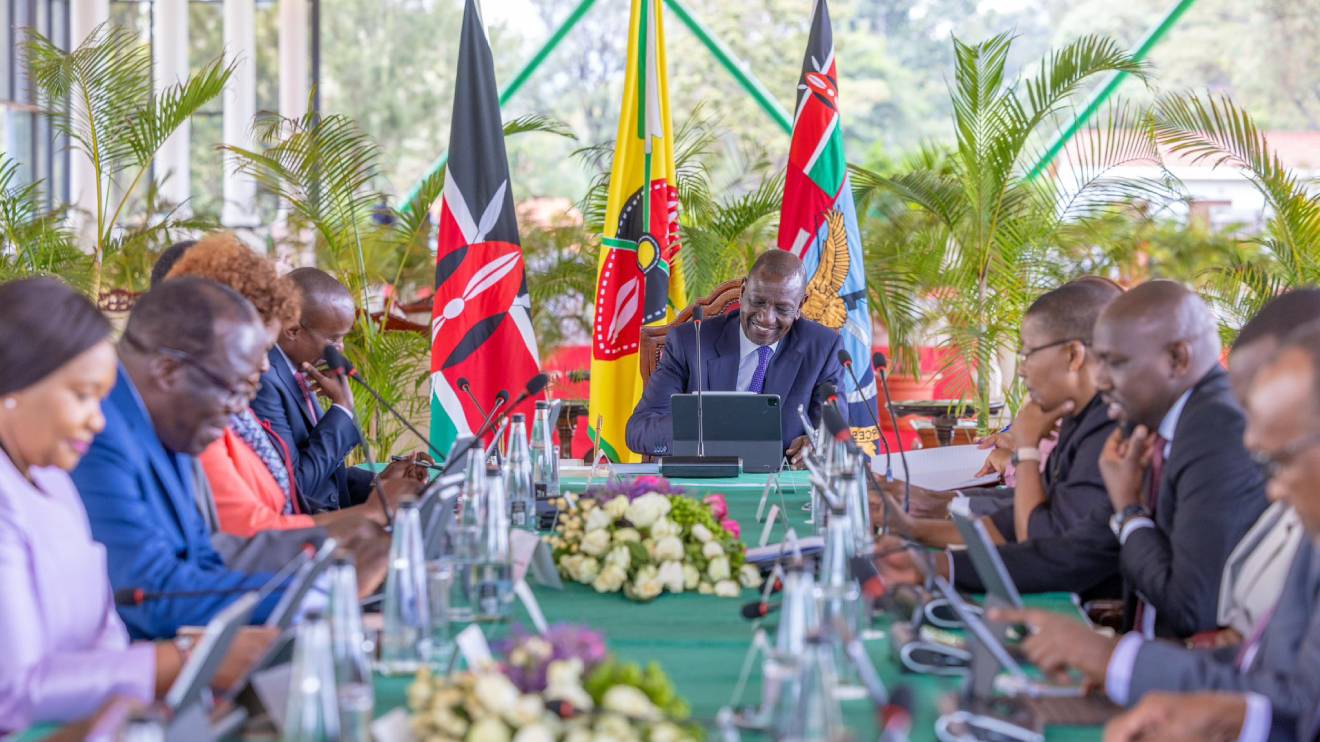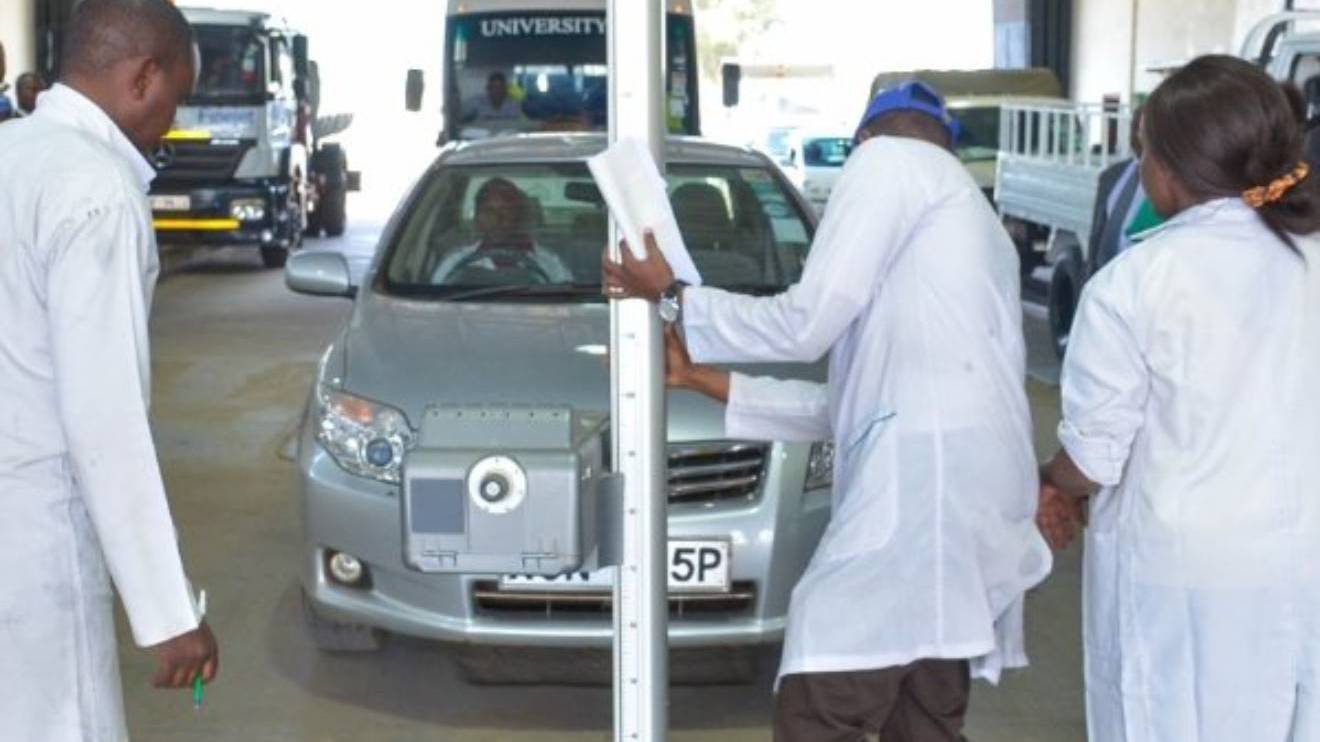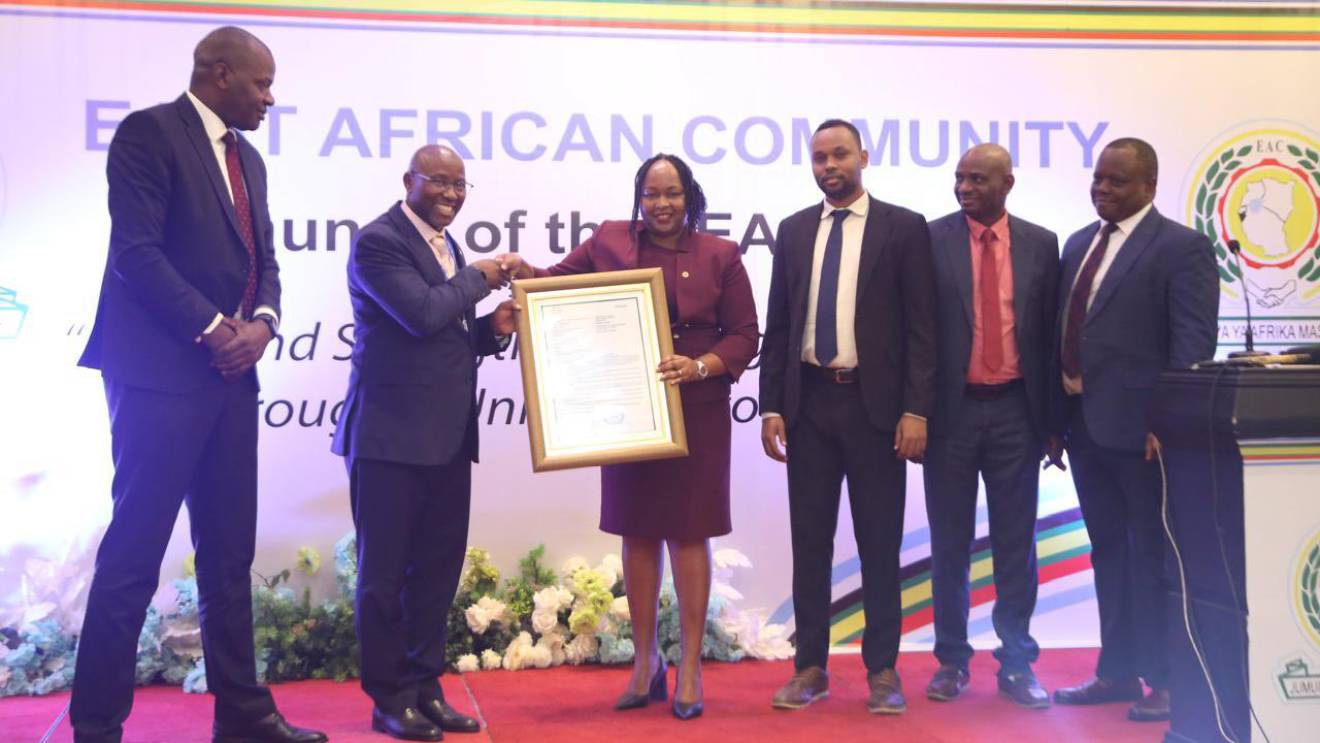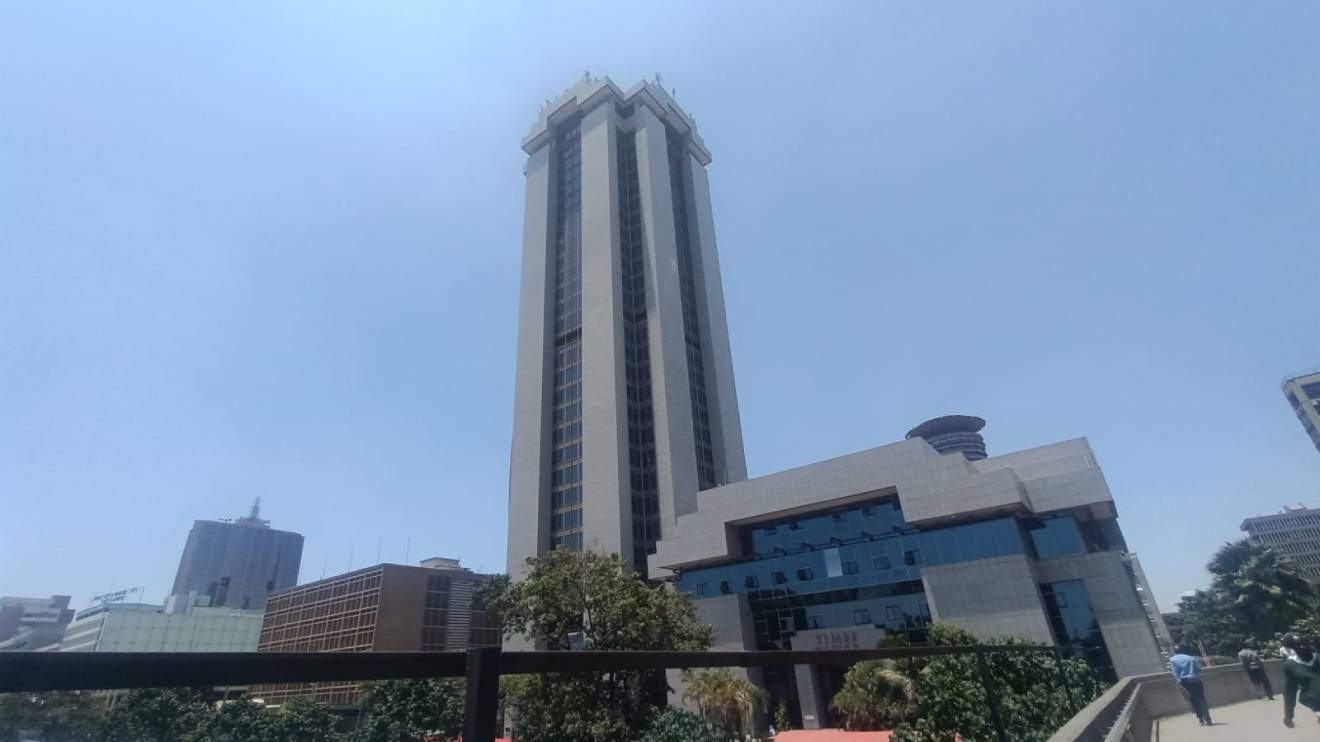The Kenya Revenue Authority (KRA) has made significant changes to the position of commissioner-general, reducing the term of the next appointee by two years.
The decision comes as the search for a successor to Githii Mburu, who resigned on February 23, is underway. The KRA has revised the contract terms from five to three years and re-advertised the position, with a possibility of renewal based on performance.
In a new notice, the KRA stated, "A contract of employment with an attractive and competitive package will be offered to the successful candidate.
This position is on a three-year contract, renewable once based on performance." This alteration in contract duration is accompanied by a revision in the academic qualifications required for the role, potentially expanding the pool of eligible applicants.
Initially, Mburu had been appointed for a three-year term beginning July 1, 2019. However, on August 12, 2020, the Treasury Cabinet Secretary at the time, Ukur Yatani, extended the contract to five years through a gazette notice.
Read More
This change would have allowed Mburu to serve until the end of June next year and possibly secure another five-year term.
These latest developments add another twist to the commissioner-general's tenure at the KRA, as previous officeholders have served under different employment terms.
Interestingly, the KRA Act and the KRA board charter do not explicitly specify the term of the commissioner-general, but instead set a three-year term, subject to extension once, for the chairperson and board members.
The upcoming commissioner-general will face the challenging task of achieving the target of collecting Sh2.57 trillion in ordinary tax revenue for the current financial year, which commenced on July 1.
This reduced term comes at a time when government ministries and agencies are increasingly emphasizing performance-based contracts.
Public criticisms of the KRA's performance under Mburu by President William Ruto have further intensified the focus on delivering tangible results.
Shorter tenures offer boards the flexibility to remove underperforming executives without incurring the higher costs associated with breaking longer contracts, ultimately protecting taxpayers' interests.
The KRA had set a goal of collecting Sh2.191 trillion in ordinary revenues for the 2022/2023 financial year. However, as of May, the tax collection stood at Sh1.74 trillion, leaving a substantial gap of Sh450 billion to be collected in a single month in order to meet the target.
The KRA has also revised the eligibility criteria for applicants. While the previous notice mandated a Master's degree in finance, business, economics, or law, the new notice states that possessing such a qualification will only be "an added advantage."
Additionally, the KRA now requires the qualifying candidate to possess a professional qualification or be a member of a professional body.
Initially, the application process was scheduled to close on April 25. However, the KRA board has reopened it, extending the deadline to July 21 without providing explicit reasons for the decision.
Following Mburu's abrupt resignation, Rispah Simiyu, the commissioner of domestic taxes, was appointed to serve in an interim capacity.
Notable former commissioner-generals include John Njiraini (2012-2019), Michael Waweru (2003-2012), John Munge (2001-2003), John Msafari (1998-2001), and Yusuf Nzibo (1996-1998), covering a significant period during the tenure of the late retired President Mwai Kibaki.
As the search for the next commissioner-general continues, the KRA aims to find a dynamic leader who can navigate the challenging revenue collection landscape and achieve the set targets, while also ensuring transparency, accountability, and public trust in the authority's operations.












